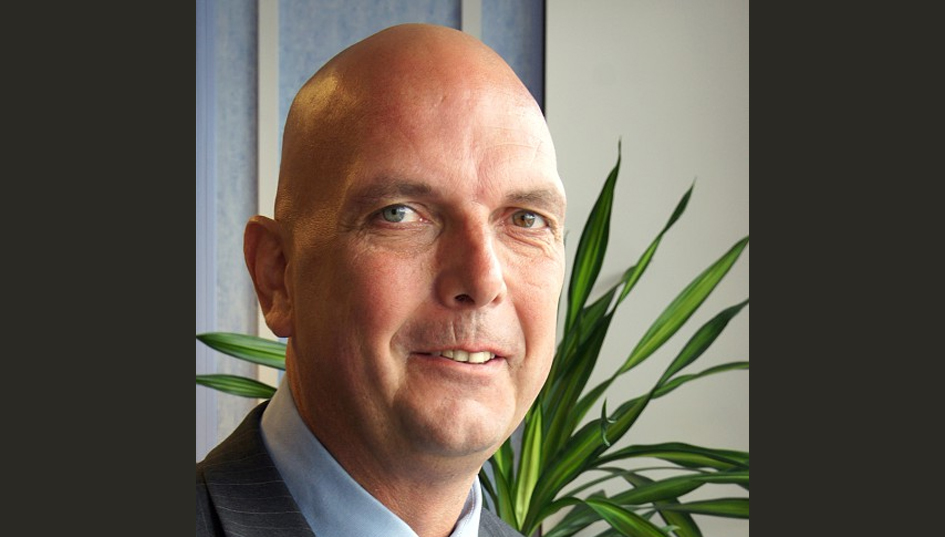It was clear from the moment the reality of the COVID 19 pandemic emerged that Changing Lives and many of our partners in the sector would play a key role in the wider effort and this would define how we shape ourselves for the future. By supporting people through their most challenging circumstances such as homelessness, addiction, abuse, and exploitation, we are responsible for providing safe homes, supporting the NHS, and challenging the most harmful consequences.
The long term health conditions associated with homelessness and addiction mean that many need to self-isolate. Others are not safe in their homes due to domestic abuse; financial hardship has increased numbers who sell sex and many are vulnerable to sexual violence and exploitation. Our digital divide across our society means that social isolation is more acute for many people we work with.
Our teams have found so many new ways to reach out and support people with incredible creativity, compassion, and agility. Like so many people working in vital services, these are the people who are paid the least who we now rely on more than ever. Many of our staff are essential key workers, in hostels and doing outreach, in refuges and in prisons. The level of skill needed, the patience, the understanding, and trauma faced is greater than most of us would ever imagine we would face in our day to day work. As charity leaders, we must challenge this head-on in the new world to ensure much greater equity and recognition across all sectors and all organisations.
Our ability to adapt does not come by accident. It is found in learning organisations, those which foster a culture of curiosity and autonomy rather than top-down performance management – where people are empowered to ‘do the right thing’. Although in Changing Lives we are still at the beginning of this journey, it is clear to me that this organisational culture has been vital to informing our response to Covid19. Alongside others in our sector, we have been able to demonstrate that compassion and creativity are a key part of the solution to social challenges that have emerged. Top-down hierarchies of those who traditionally hold the power are increasingly shown to be obsolete when it is civil society, community groups, and the charity sector who have risen to the challenge.
Like us at Changing Lives, many charities – small and large – have provided the literally life-saving safety net for people who are most disadvantaged by Covid19. For me, this situation is really shining a light on those organisations that are absolutely connected to their communities and are relevant right here and right now. This is not always those organisations we might expect.
What we want to see post-Covid
So as we now move from reacting to the immediate crisis towards recovery, we are looking to what happens next as we rebuild what I hope will be a very new landscape. This is a huge challenge. It seems clear to me that we will emerge from this pandemic to a society that has become even more unequal – a gaping inequality that existed before will be painfully exacerbated. How do we ensure that we are able to influence and rebuild a system that is fit for purpose and able to challenge the growing inequalities in our society? How do we ensure we do not get pulled back into the ‘safety’ of the outdated systems and structures which were not working for so many, towards a new investment in our communities and social infrastructure. The efforts so far have been made easier because we have all been working to a clear and shared purpose. We are all fighting the impact of the virus and making sure no-one is forgotten in our response.
It is now very clear what can become possible where there is political will. Once we move into the recovery phase I fear we will be pulled back to what we know, what feels ‘safe’ and we will fail to learn from this previously unimaginable experience. It is our role to genuinely learn from the people we work with to imagine what could be and illuminate something truly alternative. As stated by John Burgoyne from Centre for Public Impact: ‘my fear is that those who will have the privilege of shaping the new normal will be people who have remained healthy, economically secure …’. If we want the ‘new normal’ to be inclusive and challenge inequality, we need to quickly find ways of listening and learning from people who are most marginalised; we need to allow in those who might not previously have been included in leading change.
This will require a change in our own power hierarchies. We need to look beyond the health of our own organisations to make sure we are not simply optimising the old system which was not working for so many. We need to do what we can to preserve the changing role of the sector in more equal power-sharing, collaboration, and creativity. We need to play our role in giving back authority to the communities where we work. People keep saying that everything has changed. They’re right, but let’s all work together to ensure this change is for the better.

